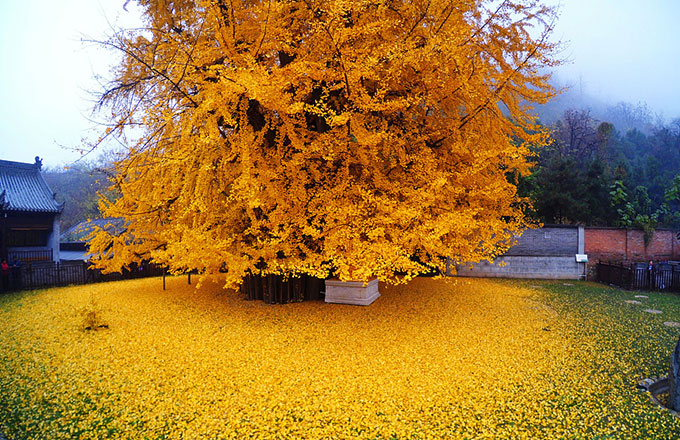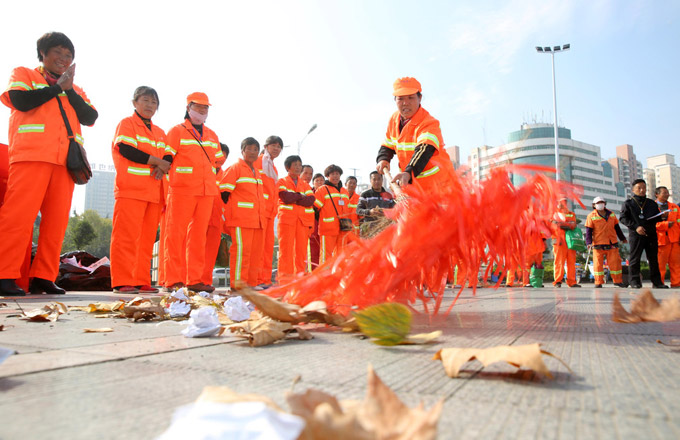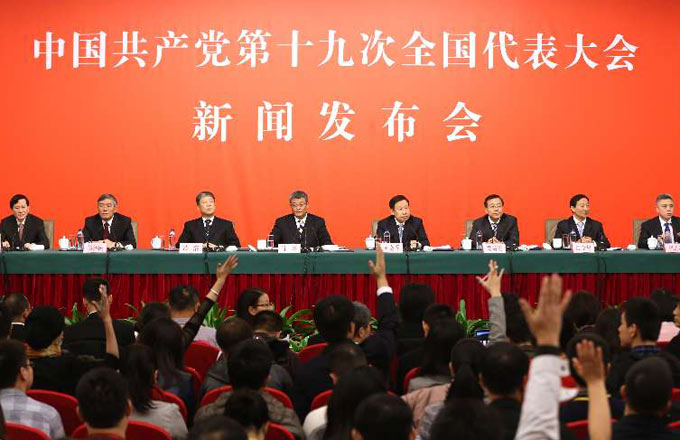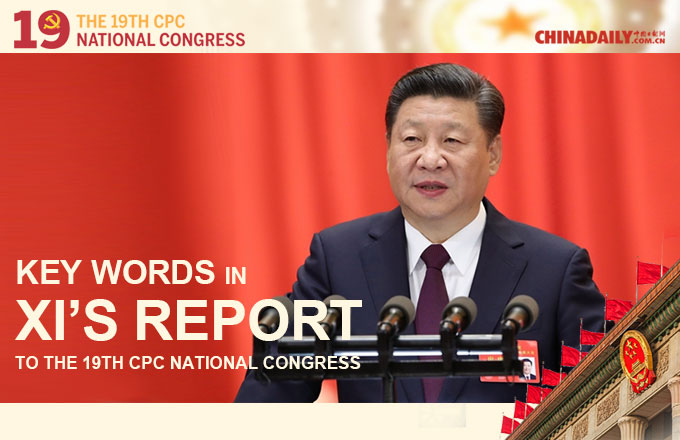Anonymous village doctor dies after donating $45,000
A village doctor known as “Lanxiaocao” died after anonymously donating 300,000 yuan ($45,000), and his family pledges to continue his unfinished charity endeavor.
Lanxiaocao’s real name is Wang Jue, a doctor who worked in Aomian village, Wenzhou, East China's Zhejiang province, for 28 years. He was dubbed the guardian of health by the locals. “Respecting the old, cherishing the young, and helping the poor and disadvantaged" was his motto, according to his notebook.
He started to anonymously donate in 2000 when he delivered a red box to Wenzhou Evening News, a local newspaper. Inside the box was 20,000 yuan in cash and a letter written by “Lanxiaocao, son of farmers”.
The letter read: “We want to donate the hard-earned 20,000 yuan to the widows and orphans who are in need. We want to donate the same amount of money every year for the next 32 years, so as to express our sincere gratitude to the hardworking farmers.”
Every year, he donated money to a different place and maintained a low profile. He won many awards for his good deeds, including the “Touching Wenzhou Awards”, but never showed up to claim them. Many locals got inspired by his action and wanted to find out who he was.
His identity, however, was not revealed even to his family until two years ago. When Wang Zizhen, his son, came to know that his father was Lanxiaocao, he felt very proud. “My father wanted to continue donating for more than three decades, but he passed away,” Wang Zizhen said. He said his family and he would fulfill his father’s unfulfilled wish and continue to give donations.
Wang Jue remained an anonymous donor all his life. His family decided to have his identity disclosed to the public after he died of liver cancer on October 20, 2017. He once told his family that “lan” (meaning orchids in Chinese) was his grandmother’s favorite flower, which stands for nobleness in Chinese culture, and “xiaocao” (meaning grass in Chinese) represents that he was as ordinary as the grass.



















